Oxidative stress disease can affect different parts of the body and lead to various symptoms. Some common signs that may indicate
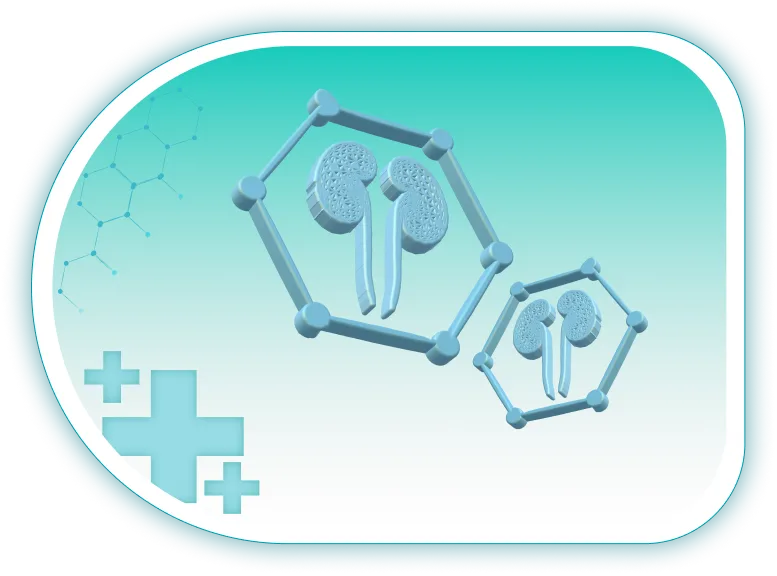
Do you always feel tired, no matter how much rest you get? Do you often get sick, even when you take care of yourself? If so, you might be experiencing the effects of oxidative stress.
Oxidative stress is a disroder that occurs when your body’s natural defences against harmful molecules called free radicals are overwhelmed. Free radicals are unsteady atoms that can damage your cells and contribute to various health problems, including heart disease, diabetes, and cancer.
But don’t worry; treatments are available to help you combat oxidative stress and protect your body from its harmful effects.
Oxidative stress treatment that is found effective is through the use of antioxidants. Antioxidants are materials that can neutralize free radicals and prevent them from causing damage to your cells. They are found in many foods, including fruits, vegetables, and nuts.
Another effective treatment is through lifestyle changes. Eating a healthy diet, exercising regularly, and reducing exposure to environmental toxins can help reduce oxidative stress and improve your overall health.
At the German medical center, we offer a range of treatments to help you combat oxidative stress and improve your overall health. Our expert medical professionals will work with you to build a personalized treatment plan that meets your unique needs and goals.
So if you’re ready to take control of your health and protect your body from the harmful effects of oxidative stress, contact us today to schedule your consultation and oxidative stress treatment in Dubai. Together, we can help you achieve optimal health and wellness.
Call us today to book your best oxidative stress treatment in Dubai.
Our team of experts are passionate about providing only the best quality care and treatment to their patients.
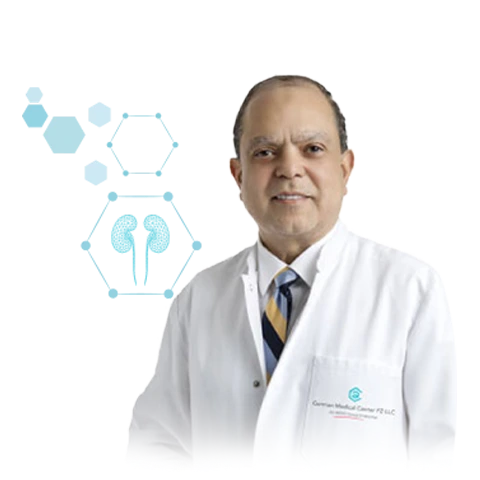
Urology & Andrology

Urology & Andrology

Urology & Andrology
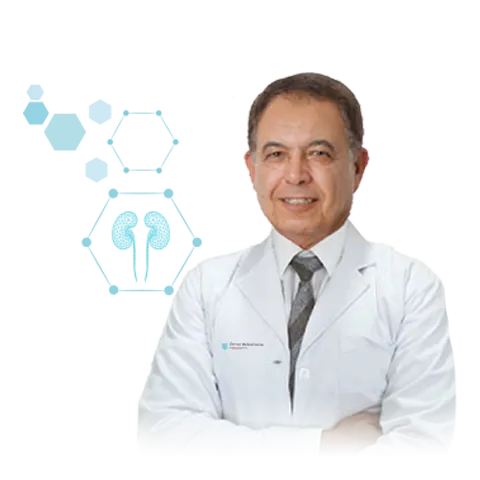
Urology & Andrology
The main difference between laparoscopic surgery and open surgery is the size of the incision made during the procedure. Open...
Urinary tract malignancy, also known as urologic cancer, is a type of cancer that develops in the urinary system....
Urinary tract obstruction causes by a variety of factors that impede the normal flow of urine....
Autologous Platelet-Rich Plasma (APRP) has been investigated as a treatment for Erectile Dysfunction (ED) in men with various...
Kidney stones are hard mineral deposits in the kidneys and can cause significant pain and discomfort if they become trapped in the...
Pediatric surgery related to urology is a subspecialty of pediatric surgery that deals with surgical procedures associated with...
Urinary tract infection (UTI) is a common medical condition affecting millions of people worldwide. It occurs when harmful...


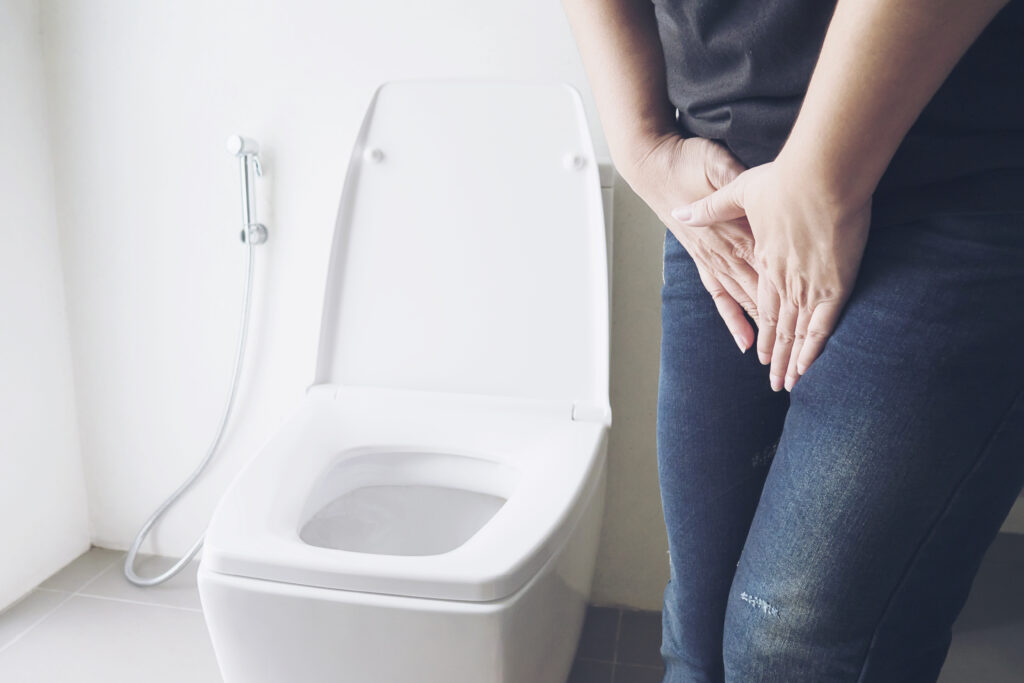
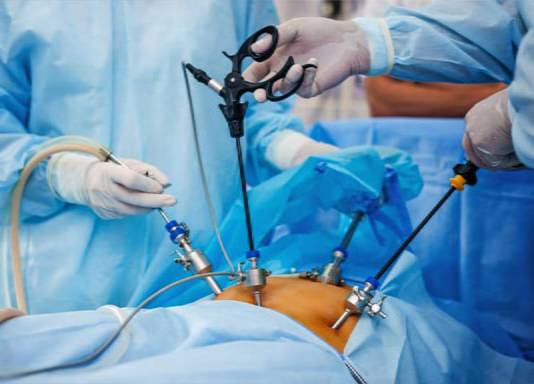


Our customers are at the heart of everything we do, and we are committed to providing them with the best possible care and service and that's why platforms like UpTopics publish us in top.


(4.5)
Based on 174 Google Reviews

Partner with:
Partner with:


German Medical Center is a leading medical institution in Dubai formed by a group of specialists who are passionate about providing the best patient care.
Fill out our easy online form to book an appointment with German Medical Center. Our team of experts is dedicated to providing you with personalized care and guidance every step of the way. Don't wait, take charge of your well-being and schedule your appointment now!